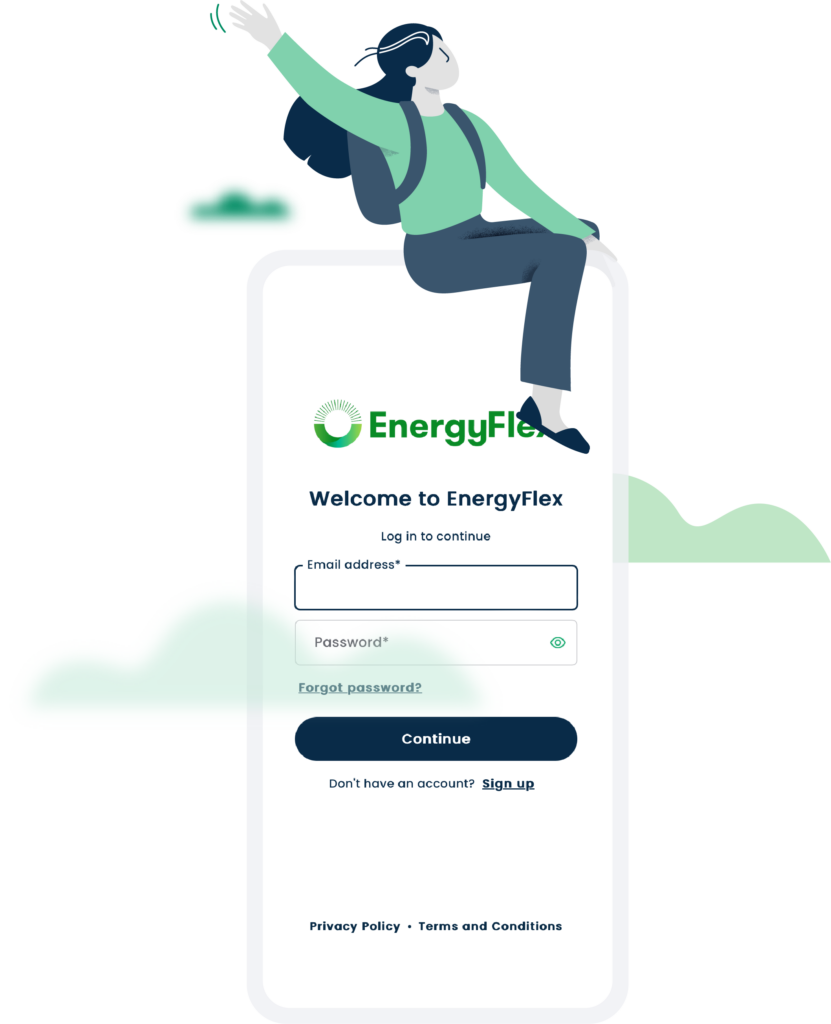Australia’s wholesale electricity price is nearly three times cheaper than it was two years ago, thanks mainly to rooftop solar. Yet energy bills are still increasing.
Why?
Energy retailers as insurance providers
The reality is, you’re not just paying for electricity; you’re also paying for distribution and insurance against market risks. This starts to make sense if you think of your energy plan as an insurance policy.
Just as home and car insurers bear the risk of major events, energy retailers “insure” against the risks of the energy market – and Australia’s transition to renewable energy poses a unique set of challenges. Ageing fossil fuel infrastructure, global market forces, and catastrophic weather events can all disrupt supply and drive up costs.
Furthermore, unexpected events, like the pandemic and the wars in Ukraine and Gaza, caught energy retailers off guard. When determining prices, they need to recover these costs and factor in the potential for future disruptions.
As a result, the energy regulator is allowing retailers to recover these expenses and past losses through low wholesale prices. The savings will reach consumers, but it will take time.
The alternative is immediate and exorbitant price increases or retailers going out of business, neither of which is desirable.
To continue to reliably supply power to homes and businesses, retailers must increase tariffs (or “premiums”) for everyone, not only those living in high-risk areas.
This way, they redistribute the risk among more people, creating a “risk pool”. Everyone contributes a small amount to the pool, which covers the big payouts in the event of a disaster.
Similarly, as electricity markets fluctuate, we all pay a share of the increased costs and for assurance that we’ll be shielded from wild energy price swings.
Becoming Renewables Ready
That said, you have the power to reduce your “premium”. With home insurance, you can accept a higher excess, avoid small claims, or find a better deal.
In the energy world, you can use more energy during the day, use less at night, or switch retailers. Households and businesses with flexible energy use may also directly benefit from falling wholesale rates.
We can collectively fast-track the energy transition by starting to become ‘Renewables Ready’. Small changes in your energy habits can have a big impact on your bills and carbon footprint. The more changes we make, the sooner everyone’s energy “premiums” will reduce.
Thinking of energy retailers as insurance providers helps us understand that rising costs aren’t just about profit margins. It’s about risk management and ensuring a reliable, long-term energy supply. While decreasing wholesale prices is welcome news, true price parity with them is not possible until the market stabilises.
The good news? By becoming ‘Renewables Ready’ and shifting your energy usage patterns, you can directly contribute to a lower-risk, more stable energy market.
EnergyFlex takes you on this journey for free. Sign up now to get your personalised EnergyFlex Rating and take control of your energy bills.





